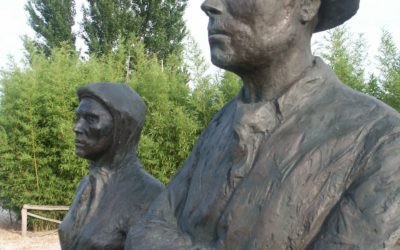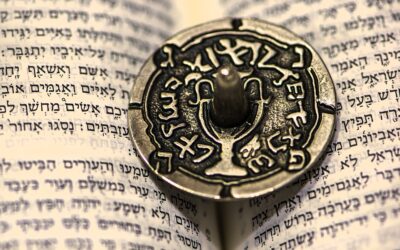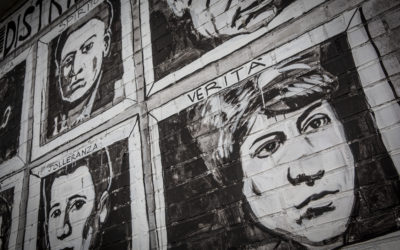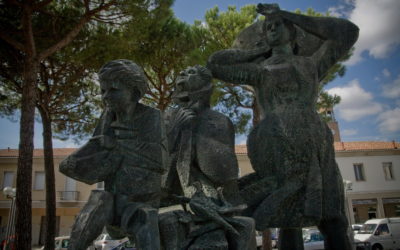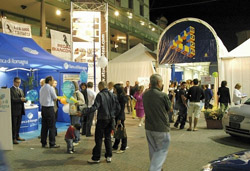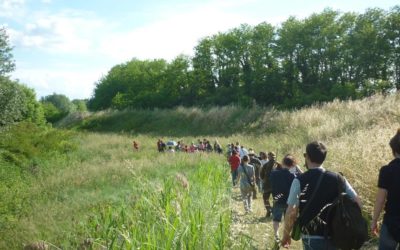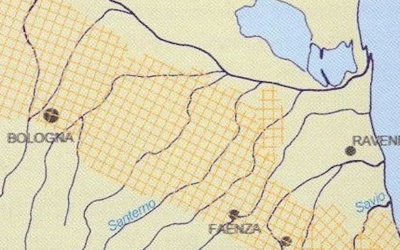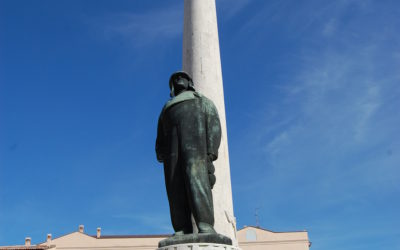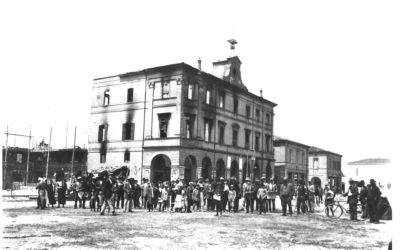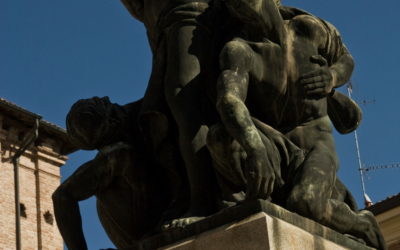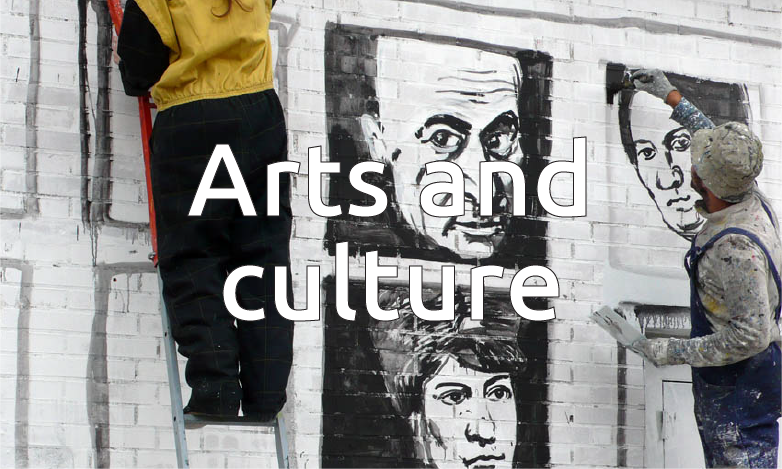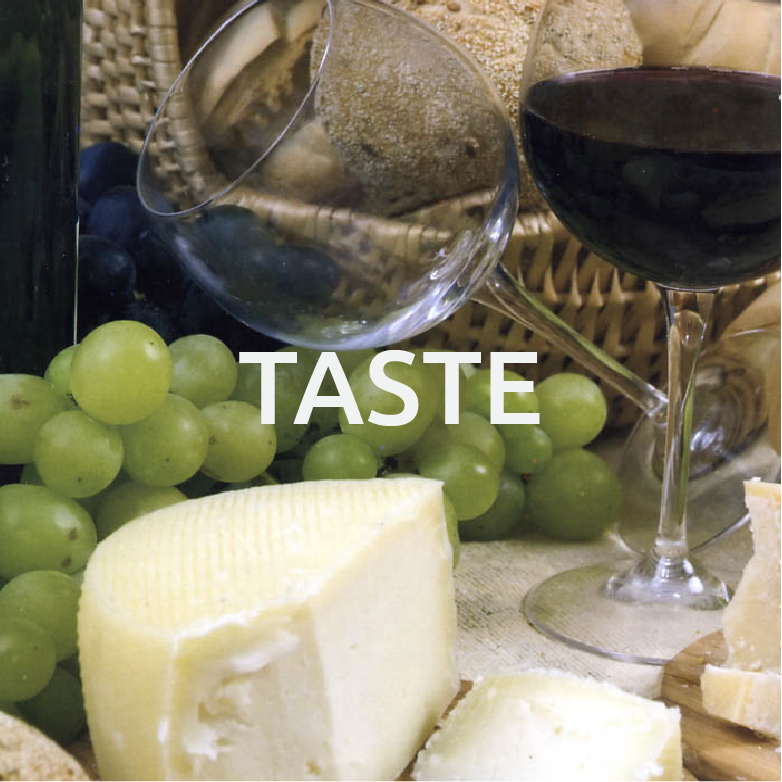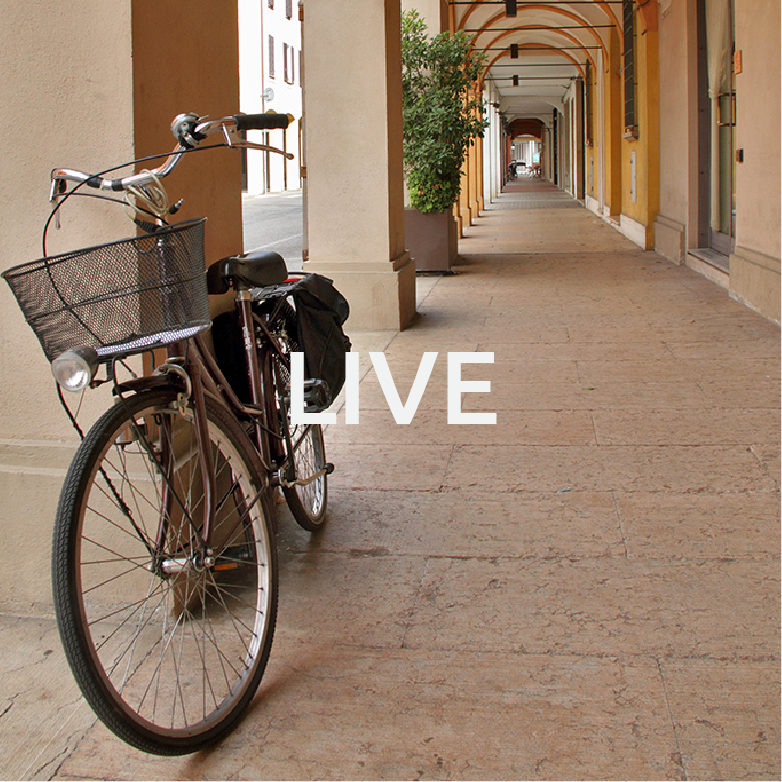History
THE WORK AND PAY DEMANDS OF RICE WEEDERS
In 1890 a serious event happened in Conselice. On May the 20th and 21st a group of rice weeders gathered in the square Piazza Maggiore and demanded more dignified work conditions and higher salaries. The protesters headed for the municipality, but security guards reacted with violence and shot at the workers; three were killed, two women rice weeders and a man.
LUGO’S JEWISH COMMUNITY
Father F. Girolamo Bonoli, author of Storia di Lugo, maintains that a Jewish community settled in Lugo in the 13th century; their arrival might be linked to the flourishing market and economy of the town, which required cash flow. Jewish people lived alongside locals in various areas of Lugo.
COTIGNOLA, TOWN RIGHTEOUS AMONG THE NATIONS
Between the autumn of 1943 and the spring of 1945 a group of Jewish escaping racial persecutions found shelter in Cotignola. They arrived in this town for different reasons and with diverse personal histories, but they were all desperate and on the run; thanks to an amazing network of protection and solidarity they all managed to survive.
WORLD WAR II – The Gothic Line and the Battle of the Senio
Between December 1944 and the 10th of April 1945, Alfonsine was a battlefield for the German army, for the Allie’s armies and for partisans; here on the Senio river the front of the war was named Linea Gotica (Gothic line), also known as Die Grüne Linie.
LUGO’S TRADE FAIR
Lugo’s trade fair (la fiera) dates back to at least 1497 and its peak was in the 18th century, when its products were of particularly high quality and its fame was known also outside Italy. Cattle represented one of Lugo’s trade excellences.
THE FRONT LINE ON THE RIVER SENIO
The Senio originates from the Tuscan hills of Monte Carzolano; after 92km it joins the river Reno. Every year since 2004 locals have been celebrating April 25 (the liberation day, which is a national holiday in Italy) with a long walk that commemorates war events.
LA CENTURIAZIONE ROMANA
Roman centuries are a very distinct landscape feature of the north-east area of Via Emilia; they are the manifestation of a complex system aimed at a more efficient use of the land.
FRANCESCO BARACCA – The myth
Francesco Baracca has played a very important role during World War II, to the extent that he has become a myth. His fame is also connected to the rampant horse, symbol of Ferrari’s cars.
LA SETTIMANA ROSSA
The so called Settimana Rossa (red week) was a series of revolts that – as Alessandro Luparini wrote in Settimana Rossa e dintorni – happened across Italy in June 1914, right before World War I.
WAR MEMORIAL
The war memorial was carried out by Pietro Melandri (Bagnacavallo 1894 – Roma 1971), pupil of Angelo Zanelli, author of the frieze for the “Altare della Patria”.

